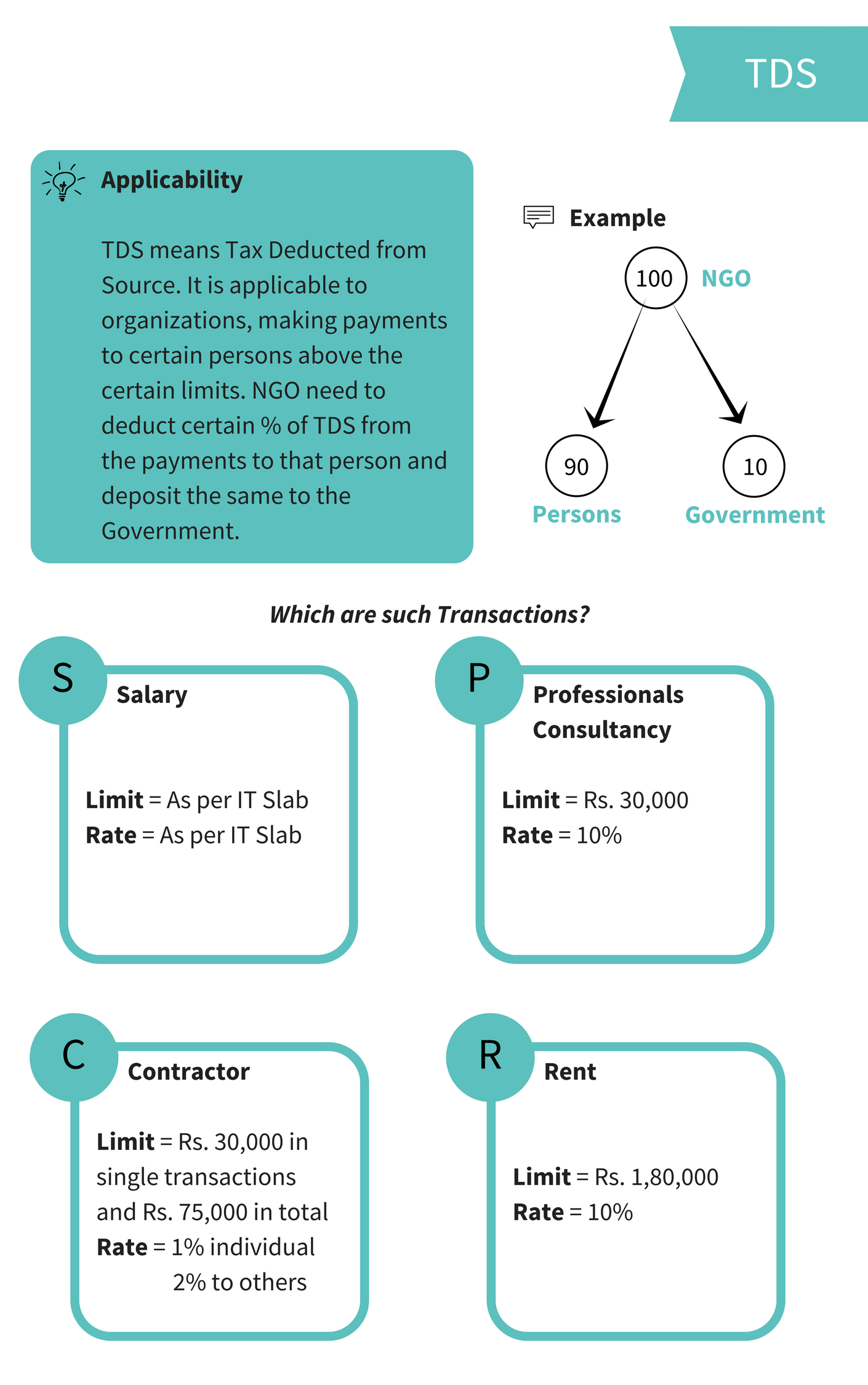CHANGE BOARD MEMBERS MORE THAN 50% UNDER FCRA
After taking FCRA registration, NGO has to take prior permission before making any change Board Members in excess of 50%. This condition is mentioned in the “Undertaking” given by the applicant at the time of making Application for Registration or for Prior Permission.
Details are provided below –
Where such provision mentioned?
it is not mentioned in the Act or the Rules, it becomes binding on all the organisations by virtue of the ‘undertaking’ . Look at the below specimen of ‘Undertaking’. It is a part of application form of FCRA registration or prior permission.
Why this kind of provision?
The primary purpose of this law is to prevent unscrupulous practices where the FC registered associations are taken over by changing the governance structure.
How to compute 50%?
Let us take one example. In an organization there were 7 Board Members at the time of Application made under FCRA. Later on one by one three Board Members were resign. Now fourth Board Member also wants to resign. So as per above undertaking, an organisation has to take prior approval from FCRA Department before change take place with fourth Board Member.
What if Change Board Members happen due to death?
There may be a change of more than 50% in the board as discussed above for reasons such as death or election by voting etc. which are not in the control of the organisations. In such cases, the organisation should inform the Central Government immediately after such change has occurred and get retrospective approval.
What is remedy If prior approval of such 50% not taken in ignorance of law.
In such cases the organisation should inform the Central Government immediately after becoming aware of such requirement and request for condonation of the lapse. The Central Government may consider the matter if the reasons are justified.
Is it serious offence ? what are consequences ?
The Supreme Court in CIT v. Nagpur Hotel Owners’ Association [2001] 247 ITR 201, held that the additional condition in a Form can be held to be mandatory only if the purpose and the scheme of the pertaining Act is threatened to be defeated. In this case, the Supreme Court held in favour of the Government, but made it very clear that any condition specified in a Form should be within the provisions of the Act and Rules. In our opinion, any change in the Board of Directors in the normal course of activity, does not seem to be a violation of FCR Act or the Rules
Recommendation
However, it is recommended that all organisation should inform the FCRA department and take prior approal wherever it is possible. Further, those organisations who have not taken permission, even after such change has occured, should apply for permission and condonation.
source – FMSF
Have Query ????? Ask Here Or you can have Live Chat with our expert.








